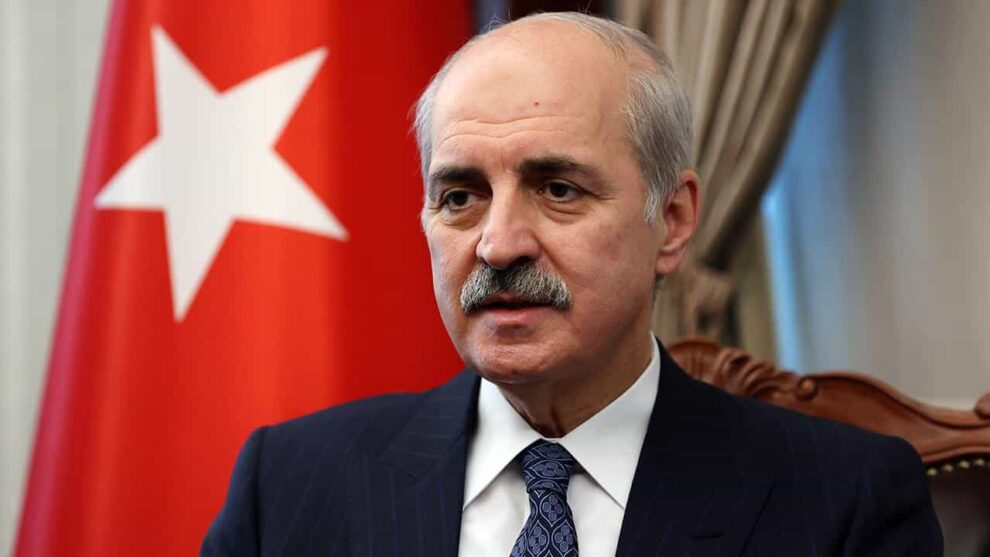The government on Tuesday said it remains “optimistic” about the chances of an agreement with oil giants Chevron regarding the development of the Aphrodite gas reservoir offshore Cyprus.
Government spokesman Konstantinos Letymbiotis made the remarks after press reports on the same day suggesting the talks were headed for deadlock. “The negotiations are ongoing, and we are optimistic,” he said.
The deadline for an agreement is November 5. “Let us wait for the negotiations to be completed. Until then, we will not be making any further formal statements.”
Chevron are the operators and a 35 per cent partner in the Aphrodite field, along with Shell (35 per cent) and Israeli firm NewMed Energy (20 per cent).
Back in May the joint venture submitted a revised development plan to the Cyprus government. It envisages transporting the gas to Shell’s West Delta Deep Marine (Wddm) existing processing and production facilities offshore Egypt, from where it would be transported to the mainland eventually for domestic consumption or for export as LNG.
But the revised plan does not include the construction of a Floating Production Unit (FPU) atop the well.
As Energy Minister George Papanastasiou explained to the journal Argus earlier this month, this is the key sticking point. Chevron has instead proposed connecting Aphrodite through a subsea pipeline to the Wddm facilities. Removing the FPU from the plan means control of the field “is no longer in Cyprus or the exclusive zone,” Papanastasiou said at the time. “It’s in Egypt.”
On the flipside, Chevron would save approximately €1 billion by not building an FPU.
Using an FPU would allow water reinjection into Aphrodite’s reservoir to maintain production levels during the latter years of the field’s life, to overcome pressure loss. It could also allow the construction of a pipeline to bring some of the gas to Cyprus, should that be considered to be commercially viable – something the government has been pushing for.
Chevron’s updated plan also reduces the number of wells from five to three, leading to reduced gas production. Nicosia has rejected this because, it says, it would lead to lower gas recovery and less revenues for Cyprus.
In late August the government rejected the amendments in the updated development plan, but not the blueprint in its entirety. The parties entered into discussions to reach an agreement within 30 days.
As that deadline elapsed without an agreement, the talks were extended. The new timeline is November 5.
Meanwhile as daily Politis reports, under the contract the joint venture needs to start an engineering study by November 17. If it does not meet that deadline, a notice of three months will be given. And if the study does not commence within that period, the cabinet has the authority to terminate the contract.
But that would set the project back even further.
“The positive aspect is that Aphrodite is ready to develop, so a company may be interested in developing it immediately,” the energy minister said during a recent press conference.
“It is of course not our intention to give it to another company. These are not easy decisions. The region is heating up, but we need infrastructures. As long as we have [natural gas] quantities in the sea without infrastructures, it is as if we have nothing.”
Egypt and Cyprus were planning to lay a pipeline connecting the Aphrodite field to Egypt’s LNG facilities, where natural gas is liquefied and exported to Europe. Egypt is the only country with LNG facilities in the eastern Mediterranean.
But as the Middle East Economic Survey reported earlier this year, Cairo is understood to be unwilling to allow Cypriot gas to take up a sizable portion of its export capacity.
Source: CYPRUS











Add Comment